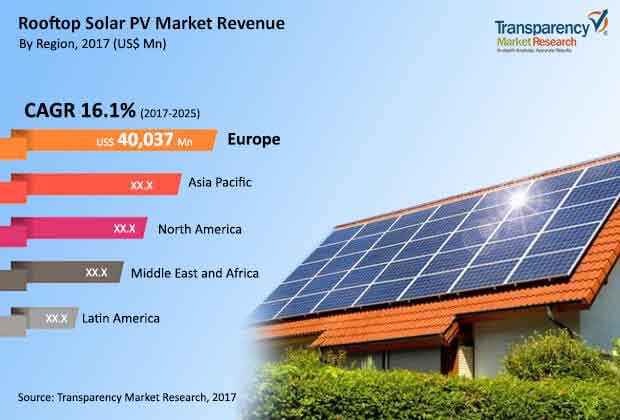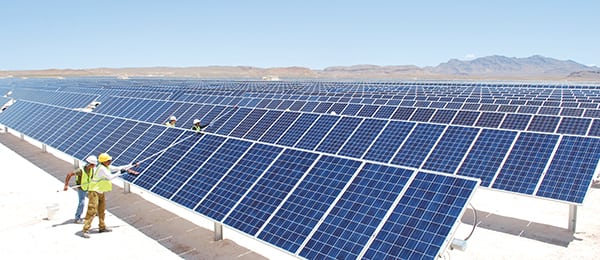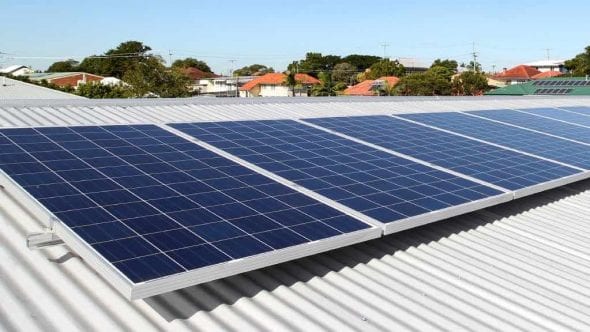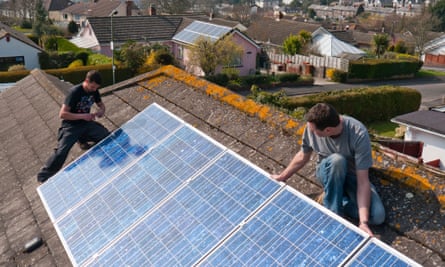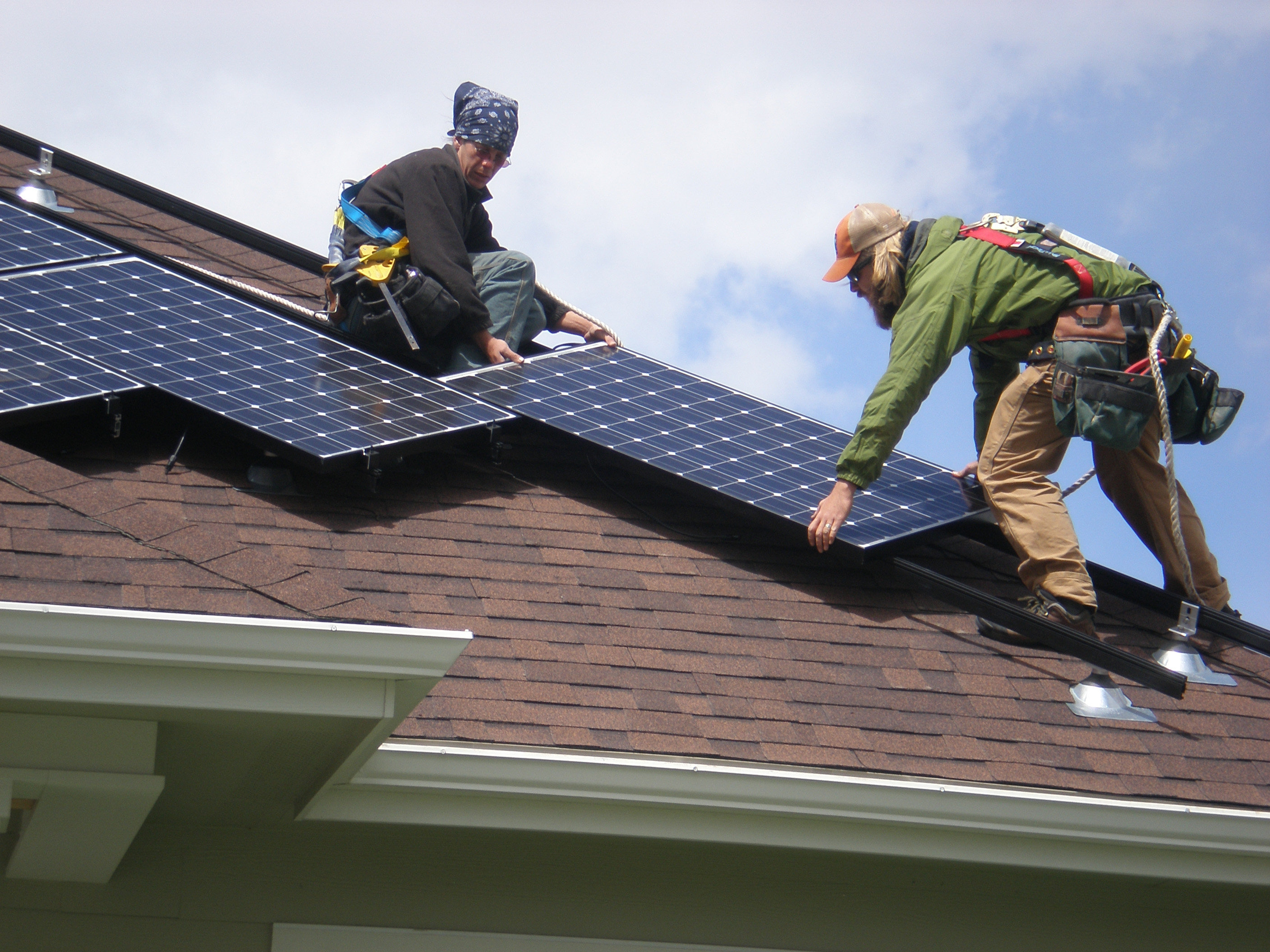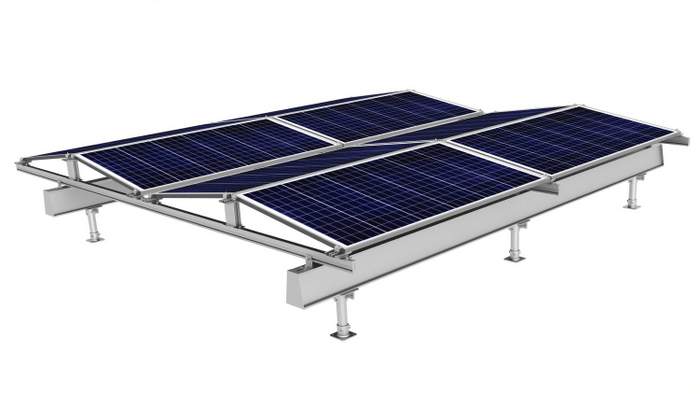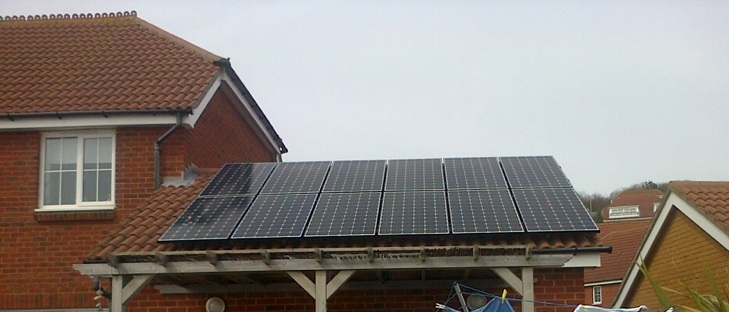Yes vast amounts of energy are required to mine manufacture solar panels and yes chemicals are used during the manufacturing process.
Solar pv rooftop system has no environmental impact during its operational stage.
It is known that these systems have some minor.
Solar energy systems i e photovoltaics solar thermal provide significant environmental benefits in comparison to the conventional energy sources.
However rooftop solar has done little to reduce peak system demand which in most australian regions occurs at times when solar generation is minimal.
In aggregate the impact of rooftop solar is significant in reducing the need for other generation during the day.
Between 2010 and the time of our writing more solar capacity was installed than in the preceding four decades combined.
Solar power is the fastest growing source of electricity in the world.
If the user has installed its own pv plant.
The harvested solar power in a rooftop pv system is stored in the battery during off peak period which is utilized to serve the load demand during peak period.
Thus it seems to be completely clean and have no environmental impacts.
But because the boom in rooftop solar pv is not controlled by utilities there are some genuine implications for the cost of keeping the rest of the grid operating reliably.
2 after a long period of growth solar pv is now becoming a significant.
1 at the end of 2016 the total capacity stood at 307 gw the vast majority of which comprises photovoltaics pv.
But because the boom in rooftop solar pv is not controlled by utilities there are some genuine implications for the cost of keeping the rest of the grid operating reliably.
This provides the house owners maximum utilization of solar energy which reduces the dependence on grid energy and in turn this can significantly reduces household electricity.
Solar power is not perfect but overall it provides a positive net environmental impact and financial impact.
Pv modules are considered to be the main component of the solar installation in this study.
An advanced metering system which is an integrated part of smart grid can deploy the pv systems because it will provide a better operational characteristic understanding of consumption of grid electricity and generated pv electricity i e.

